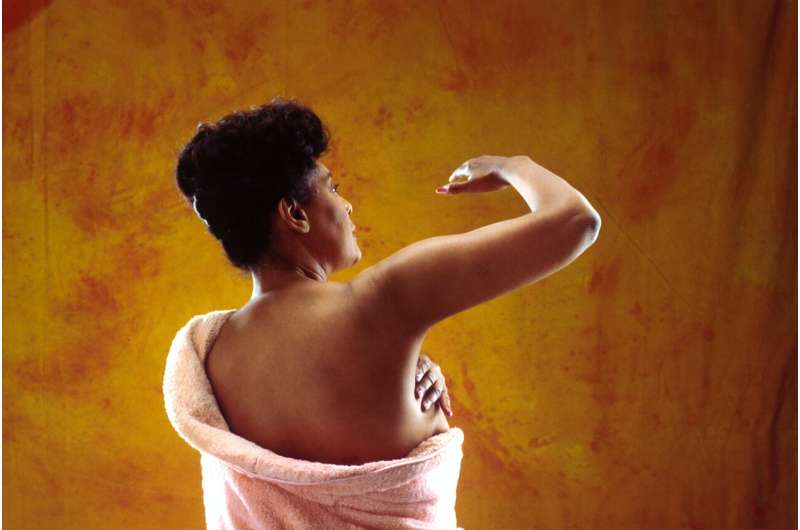
Researchers are learning more about the relationship between the microbiome and cancer. But many questions remain, especially when it comes to the role of the microbiome in breast tissue and whether it contributes to the development of invasive breast cancer.
A study, newly funded by the Windsong CARES Foundation in collaboration with the University at Buffalo and Windsong Breast Care, aims to reveal more about this relationship.
“It is becoming increasingly clear that the human microbiome significantly impacts human health and disease, affecting at least 15-20% of all cancers,” says Jo L. Freudenheim, Ph.D., SUNY Distinguished Professor in the Department of Epidemiology and Environmental Health in UB’s School of Public Health and Health Professions.
“There is a relatively new understanding that breast tissues are not sterile, that bacteria live in them both in healthy women and those with breast cancer,” adds Freudenheim, who is leading the study. “This project is working to better understand if those bacteria contribute to breast cancer and if there are differences depending on other characteristics of the women.”
Nisha Nair, a first-year doctoral student in the Department of Epidemiology and Environmental Health, is collaborating on the study, along with Michael Buck, Ph.D., associate professor of biochemistry and Yijun Sun, Ph.D., associate professor of bioinformatics, both of the Jacobs School of Medicine and Biomedical Sciences at UB.
Nair, who received her bachelor’s and MPH degrees from UB, is interested in understanding how the microbiome of the breast may explain the etiology of breast cancer. With new methods of characterization of the microbiome that do not rely on culturing organisms, researchers are now able to identify the presence of a microbiome in tissues previously considered to be sterile.
“The most fascinating aspect of this study for me is being able to learn about the different bacteria within the breast tissue because they may differ in ways that help us understand breast cancer,” Nair says. “It will help build upon our current knowledge of this disease.”
Nair previously worked with Freudenheim on research examining risk factors associated with breast cancer survival.
Given the current knowledge of the impact of the microbiome on some cancer sites, exploration of its contribution to cancer, including breast cancer, could yield potentially significant contributions to our understanding both of carcinogenesis and the design of more effective prevention and treatment strategies.
“There is evidence of the presence of a microbiome in breast tissue, and it differs for women with breast cancer compared to those without. There is a great deal that we don’t know about the breast microbiome,” Freudenheim said.
For this study, the UB team will evaluate breast tissues from 10 Windsong patients with newly diagnosed breast cancer and no previous history of cancer. Researchers will examine differences by other patient characteristics.
David J. Hill, University at Buffalo

